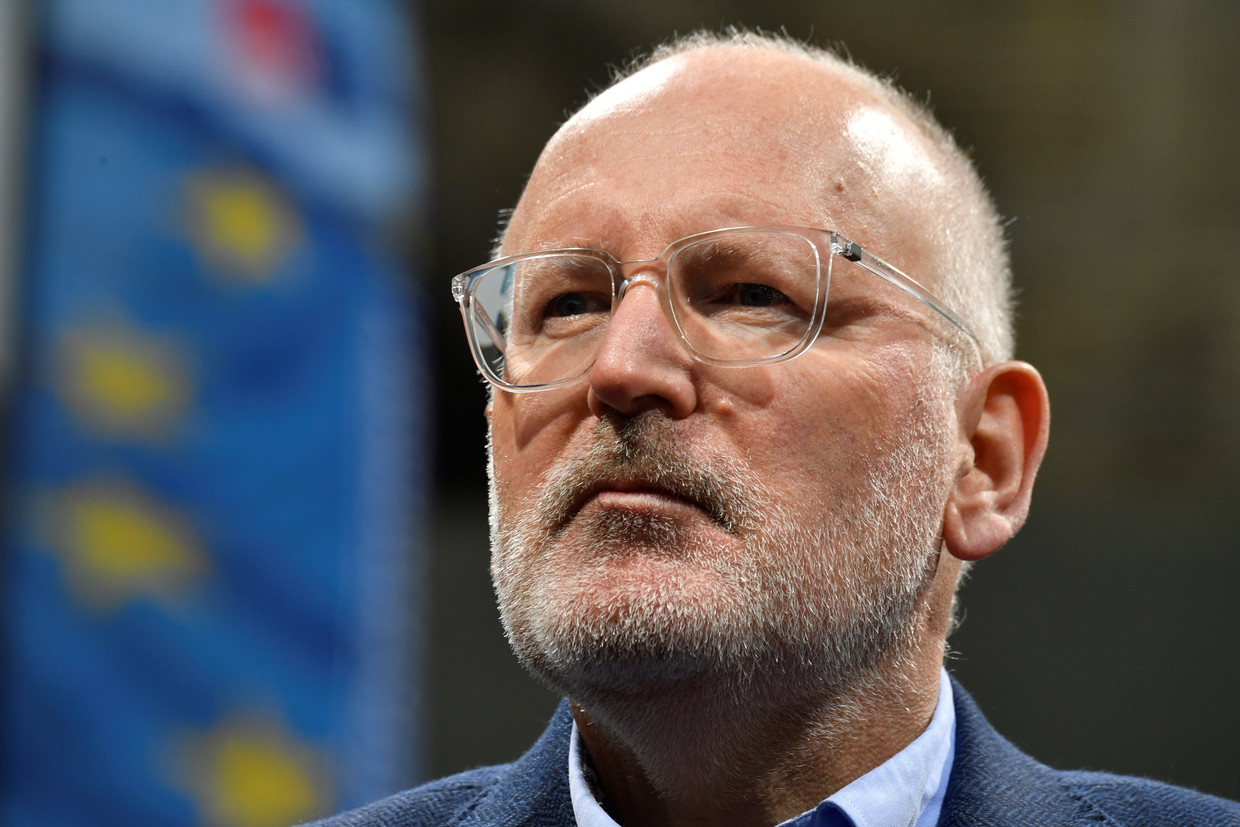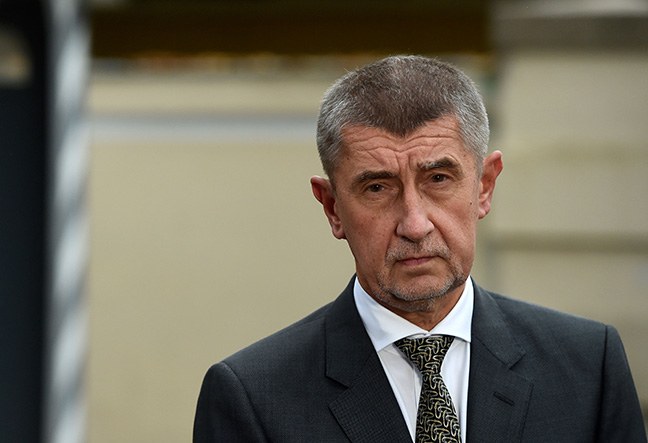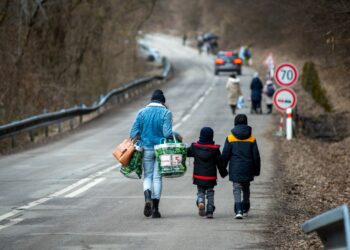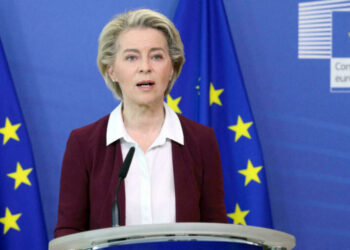An anti-E.U. ideology of “Visegradism” has emerged in Central Europe, characterized by selfish, nationalist politics. It will not be easy to overcome this ideology, but it is necessary to keep trying.
“We know what we are doing, and basically, we won yesterday. We have blocked it,” said Czech Prime Minister Andrej Babis after the second day of negotiations of the European Council, when leaders had failed to recommend Frans Timmermans as President of the European Commission.

And this is how the Czech Republic and the other Visegrad countries (Hungary, Poland, and Slovakia) have been “winning” for many years now. With great satisfaction, the local elites have been framing their political defeats as victories. They have been presenting their inability to understand the challenges and problems of contemporary times as proud defiance. They have been presenting their prejudices and limited understanding of the outside world as defense of the “interests of our citizens.”
The whole of the European Union will be feeling the impact of this approach, used by the V4 countries during the recent Council negotiations, for a long time.
Assault on European Democratic Values
Babis, Hungarian Prime Minister Viktor Orban, and some Polish politicians said before the Brussels negotiations that the system of the Spitzenkandidaten was wrong. Instead, they want the European Commission to be run by someone who would understand the Central European region and would not politicize the Commission’s work. From the beginning, this was a coordinated assault against European democratic values.
Selfishness is the essence of the approach of politicians such as Babis, Orban, and leader of the Polish Law and Justice party Jaroslaw Kaczynski. Things such as solidarity between E.U. members, looking for compromises, and proposing positive solutions are not a part of their mental world.
I will travel to Warsaw on Monday 18 June to discuss the rule of law in Poland with Prime Minister @MorawieckiM @PremierRP
— Frans Timmermans (@F__Timmermans) June 12, 2018
When these politicians cannot use their power, they moan, lament, and protest. They do not know how to negotiate; hence, they pretend that their catastrophic defeats are brilliant victories. In the new European Parliament, the Central European countries will not hold any significant posts. Ursula von der Leyen, the new President of the European Commission, will be just as assertive as Timmermans when it comes to respecting the rule of law and independence of the judiciary.
Selfishness
These politicians are not concerned with public interest, neither in their own countries nor in the European Union. They prefer the application of their own power. Their world of ideas is poor because it is based on old fears, prejudices, and national traumas.
These politicians are not interested in the outside world because they cannot dominate it. They are only interested in their own partial, pragmatically approached aims, explaining why they see the European Union only as a source of money, as a cash machine.
They live and act only here and now. In their hands, the future is held hostage by the consequences of their chaotic decisions of today. The youth of Central Europe will be forced to live in a world shaped by these politicians’ self-centered ideas, that don’t take the people living on the margins of society into account.
Babisism
If Babis is forced, as I believe, to resign as Czech prime minister in the near future, without a substantial change of the Czech political and social environment, this will in itself not lead to greater democratization and openness of the country’s politics. Babisism as a system is a much bigger problem than Andrej Babis himself. In this system, a few people have amassed large amounts of wealth. They have done this non-transparently and by using doubtful ethical and legal methods.

Strong oligarchization of the media is another feature of Babisism, as is the existence of opaque pressure groups which blackmail politicians into providing them with beneficial solutions.
Babisism has no values, and it is incapable of thinking of the future in terms of practical visions which would correspond to the needs of the contemporary world. Babisism is defined by a vague, unclear border between private and public interest and private and public finance, by the banalization of the public debate about social and political issues, and by a suspicion towards the principles and guarantees of a state based on law.
Visegradism
Poland and Hungary find themselves in an even more problematic and dangerous situation. All these nationalistic and self-centered political attitudes have created a Central European, anti-European ideology of Visegradism. This ideology assures all the local politicians that their destructive approach is in the interest of “higher good.” Visegradism also needs an external enemy to define itself against.
If Czech society – and let us hope in time also the Polish and Hungarian society – finds the strength to overcome Visegradism, it can use a good ally, namely the main, long-term, broad political stream of the European Union. However, Visegradism will not collapse on its own. People must fight it. It will be a struggle for the most fundamental values of the European tradition of humanity.
To overcome this institutionalized egotism, which now affects even very subtle structures of Central European societies, is not the task for those who have grown up, angry and opportunistic, in the period of late communism, but for those who have reached maturity in the open, European, globalized era.
The tradition of solidarity and social responsibility will have to merge with environmental responsibility and a sensitivity to the historical tasks of today. Anything smaller will not do.
Disclaimer: The views and opinions expressed here are those of the author and do not necessarily reflect the editorial position of The Globe Post.





















